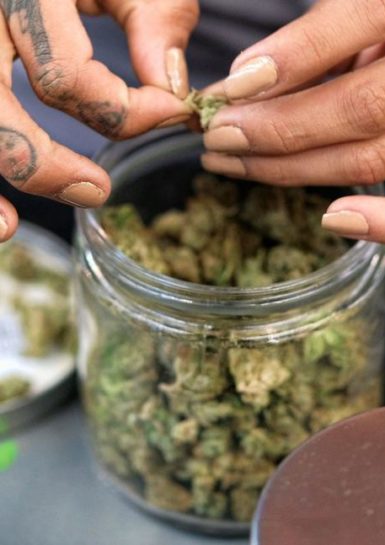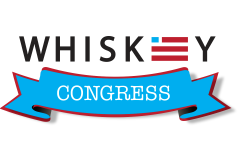
California Fears Federal Crackdown on Marijuana
Supporters of marijuana in California have serious concerns regarding the combination of a Donald Trump and Jeff Sessions administration and their vow to return to an all out war on drugs. California like a number of other states has worked to bring cannabis out of the shadows and into the mainstream, but does federal enforcement of marijuana laws jeopardize that work?
When Californians approved Proposition 64 to legalize marijuana in California last November, it was no secret that the drug would remain illegal under federal law. But that fundamental contradiction seemed manageable at the moment because the federal government had largely taken a hands-off approach to states that had already allowed the recreational sale and use of marijuana, and candidate Donald Trump had said he would let states decide on legalization.
The risk of a clash with the federal government seemed low compared with the benefit of replacing the state’s quasi-legal medical marijuana regime and its underground market for recreational pot with a regulated and controlled system for adults. That’s one reason The Times endorsed the proposition last year.
Now, however, we have President Trump, who seems to have forgotten his laissez faire stance on marijuana, and Atty. Gen. Jeff Sessions, who comes from the “Reefer Madness” school of law enforcement. Proponents of Proposition 64 — both the advocates of legalization and the businesses preparing to come out of the shadows into a legalized market — rightly worry that the federal government may decide to crack down on cannabis operators even if they fully comply with state rules.
It’s understandable that state lawmakers want to resist potential federal intervention. But a proposal to make California a so-called sanctuary state for marijuana is not the way to go.
Assembly Bill 1578 would prohibit state and local agencies from using public resources to assist the federal government in investigating or arresting someone for marijuana activity that is allowed in California, unless the federal government has a court order. The author, Assemblyman Reginald Jones-Sawyer (D-Los Angeles), said the bill would ensure that police departments and other agencies don’t use taxpayer dollars to help undermine the will of the voters.
He’s modeled the legislation on Senate Pro-Tem Kevin de Leòn’s Senate Bill 54, the “sanctuary state bill,” which would limit state and local agencies’ cooperation in immigration enforcement.
Like SB 54, AB 1578 has raised concerns among law enforcement groups, which argue that local and federal authorities need to work together for public safety and shouldn’t be overly restrained in their communications.
There are notable differences, however, between immigration laws and drug laws. Immigration is a strictly federal issue, and state and local governments should not be involved in enforcement — it’s not their job.
On drug enforcement, however, there is considerable overlap. Local authorities often work with federal agencies on investigations that may uncover both state and federal violations, such as money laundering, diverting marijuana out of state for sales, and environmental damage from outdoor pot farms. The Jones-Sawyer bill would likely bar such cooperation if the target of the investigation is a licensed cannabis business in California. But just because an entity is licensed doesn’t mean it is following the law.
State lawmakers in Washington and Colorado also considered sanctuary-like bills this year that would have barred local law enforcement and other public employees from assisting in federal crackdowns on people engaging in the marijuana activities the state had authorized. Colorado’s bill died amid concerns that it could make it too difficult to conduct joint investigations into marijuana operations that were suspected of violating state laws in addition to federal ones. Washington’s bill was spiked because of worries that it might antagonize and provoke the federal government — a fear echoed by the California League of Cities and other groups.
Steve
Steve is an affordable multifamily housing professional that is also the co-founder of Whiskey Congress. Steve has written for national publications such as The National Marijuana News and other outlets as a guest blogger on topics covering sports, politics, and cannabis. Steve loves whiskey, cigars, and uses powerlifting as an outlet to deal with the fact that no one listens to his brilliant ideas.



